My first days in Japan
I was recently invited to speak at a local event. This event was organized by OIGA (Otsu International Goodwill Association) and supported by Otsu city. The purpose of the event was to give local organizations a chance to talk to foreign residents of Otsu city. There was a 20 minute introduction presentation followed by a Q&A, and then a 1-hour discussion period. The goal was to find ways to include foreign residents in local events, help foreign residents to adapt to life in Otsu.
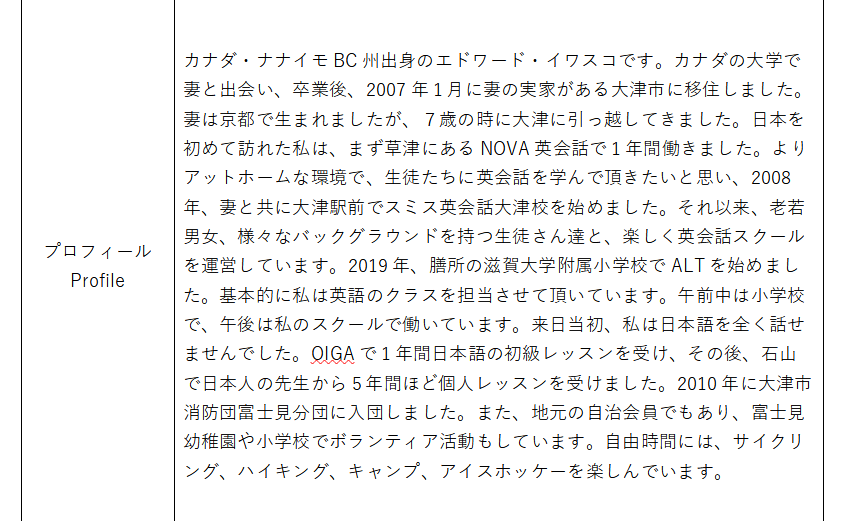
Troubles with being a Foreign Resident
Before the event took place, I was asked to think about problems that I had had living in Otsu city. I have lived in Otsu since 2007 and at first I honestly couldn’t think of any major problems I had had. As the discussion progressed I realized I had had a few problems and that all of them revolved around the issue of language. I was reminded of the time before I could speak Japanese, and memories of my first days in Japan.
I arrived in Japan in January of 2007 with zero Japanese skills. I had never studied Japanese before and only knew 4 words: konnichiwa, sayonara, domo arigatou, and doitashimashite. I was quick to discover that 2 of these words are almost never used anyway! I was met at KIX by Nova (my new employer) staff and Chiharu. The Nova staff kindly paid to have my luggage shipped to my house and Chiharu showed me how to buy a train ticket and ride the trains. I was like a baby who hadn’t yet learned the basics of life and needed someone to show me how to do, everything!
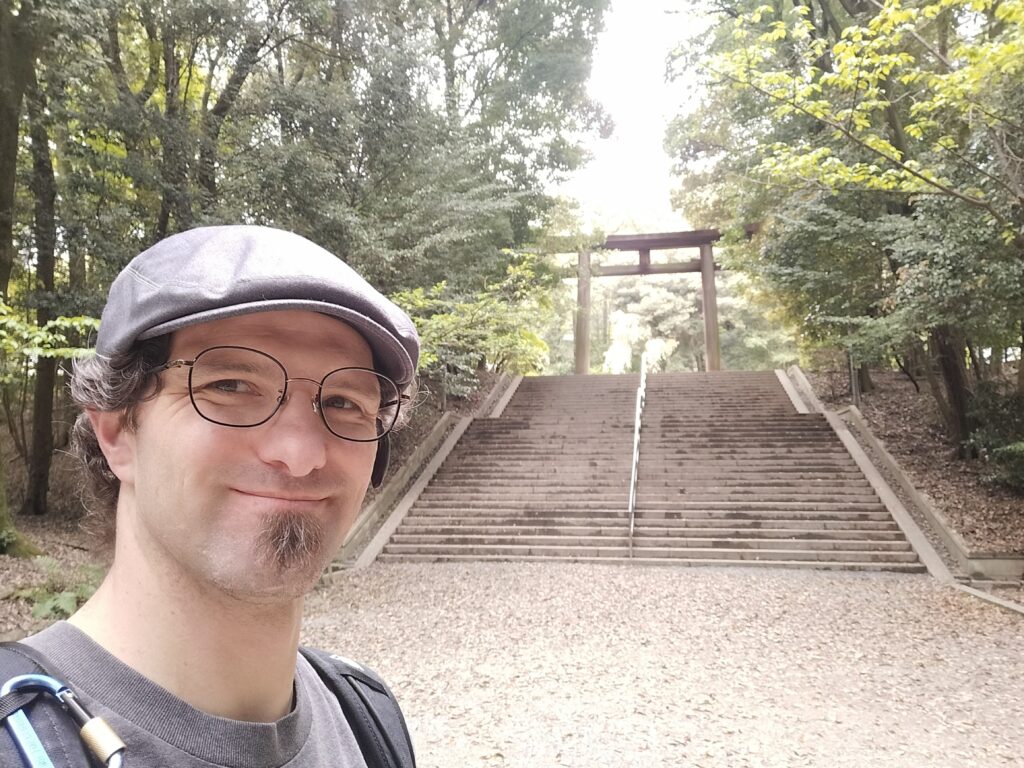
On my second day in Japan, Chiharu had to work so she had arranged for a friend to show me around. He was a neighbourhood young man and very smart. He took me to a local shop to buy my first Japanese “mama-chari” bicycle and then he took me for a bike tour of Otsu city. The first thing he taught me was “migi” (right) and “hidari” (left) and he would yell directions to me over his shoulder before making a turn. These were my new words, but not enough to make conversation.
Early Struggles
At first I had many struggles: I couldn’t read a menu or order in a restaurant, I wasn’t able to join community meetings, even going shopping was difficult! I recall one time I wanted to buy raisins, but I didn’t know the Japanese word. I looked up the Japanese words for “dry” and “grapes”, practiced asking the question in Japanese, and went to the local supermarket. I asked the staff if they sold “dry grapes” and was met with a look of confusion. After repeating the question several times, the staff finally figured it out and said (in English) “Raisins?” I was relieved to find the raisins, but I also learned 2 important lessons: languages share words, and there is more than just vocabulary to language.
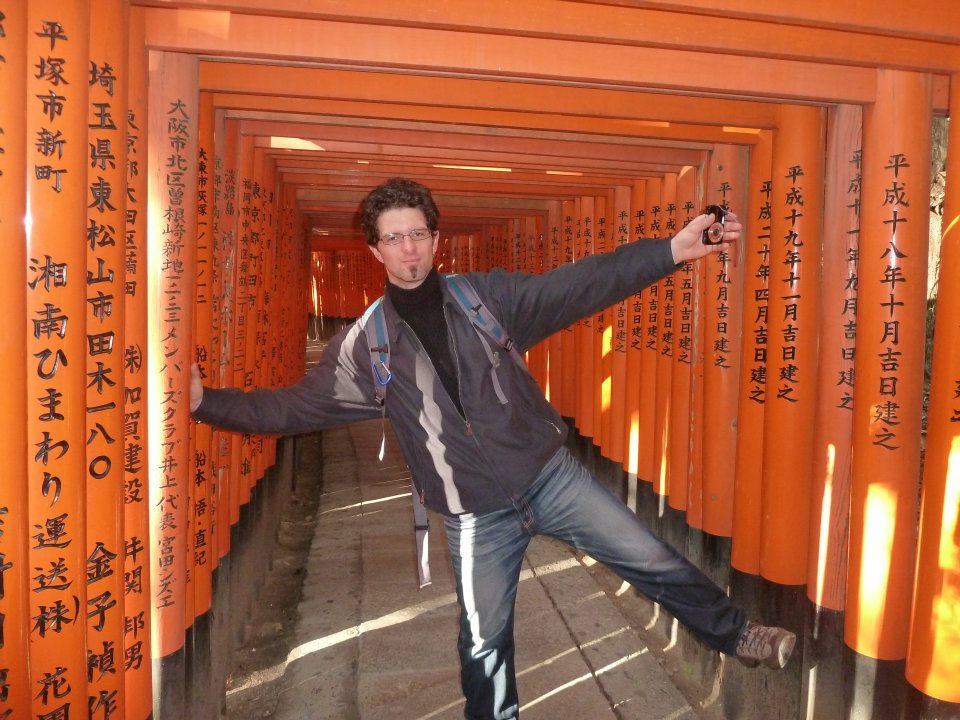
Over the next few months I enjoyed touring around Otsu, and Shiga, and neighboring Kyoto, Nara and Osaka. Mostly I went places by myself and everywhere I went I felt a terrible loneliness. This was my first major experience of culture shock: millions of people all around me and yet almost zero chance that I would know any of them. Millions of people all around me and no one to talk to. I often cried while walking down a busy street surrounded by many people, none of whom knew me, nor why I was crying. The power and importance of language became clear to me: if I wanted to be a member of this society, I would have to learn the language.
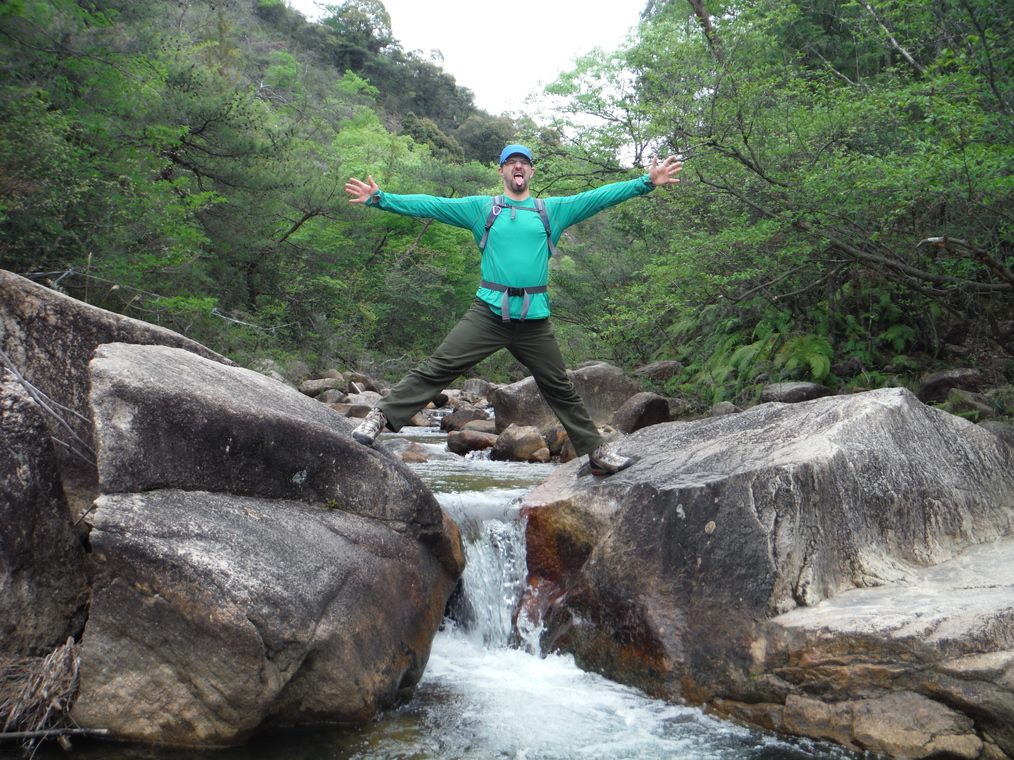
Going Back to School
I started taking beginner language classes at OIGA and then proceeded to take lessons from a private teacher at a local language conversation school in nearby Ishiyama. I enjoyed the lessons and loved my teacher. As my language skills increased, so too did my confidence, and my social circle. I was able to join the local Fire Department and a local ice hockey team. I quit working at Nova and started working at Smith’s School of English Otsu. Thanks to learning the language I could improve my work, enjoy my life more and become an active member of my community. Language learning at any age has its benefits.

What did I learn?
Over all these years I have continued to study and improve my Japanese, and I am proud of being able to help my students improve their English. I know the power of language and I have made it my goal to help as many people as possible to improve their language skills and reach their language goals. Culture shock is hard to deal with, but language helps us oversome the shock. Cultural barriers exist and language is the key to overcoming those barriers. I love language learning, language teaching and developing the ability to communicate with as many people as possible. Next time you get the chance, please come say hello!
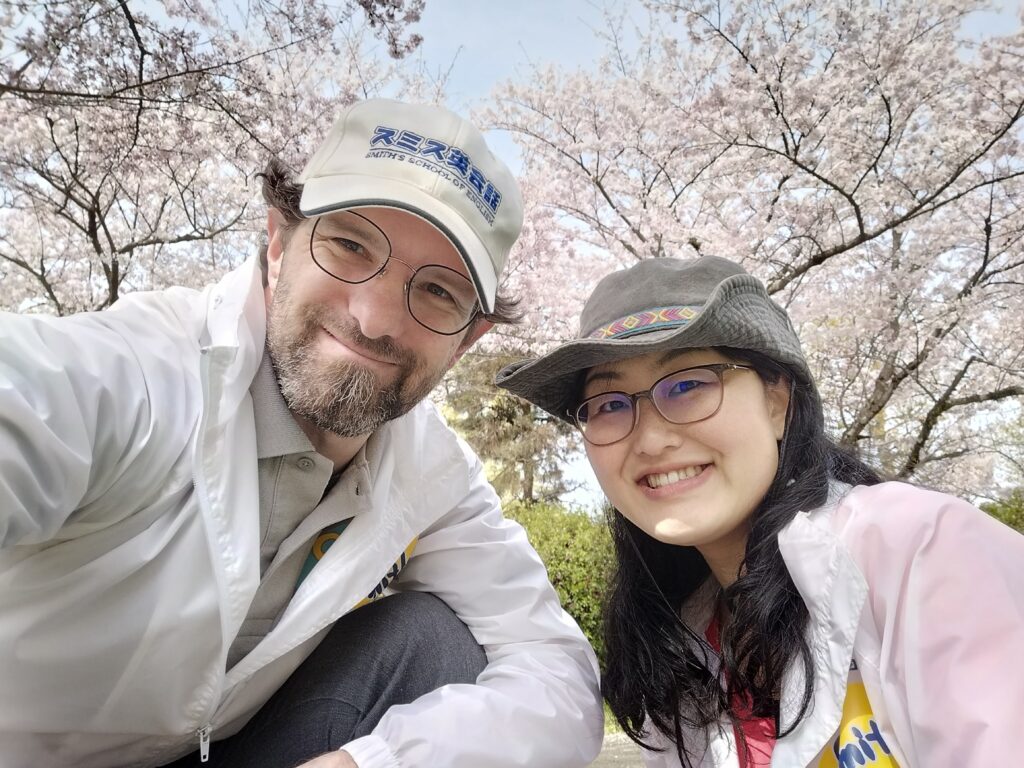
Edward Iwaskow
Smith’s School of English Otsu
Great blog Edward. Thanks for sharing your experience. Yes, language is important. knowing some Japanese makes a huge difference.
Thank you for Sharing Edward! My little brother!